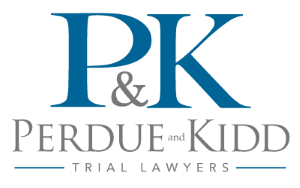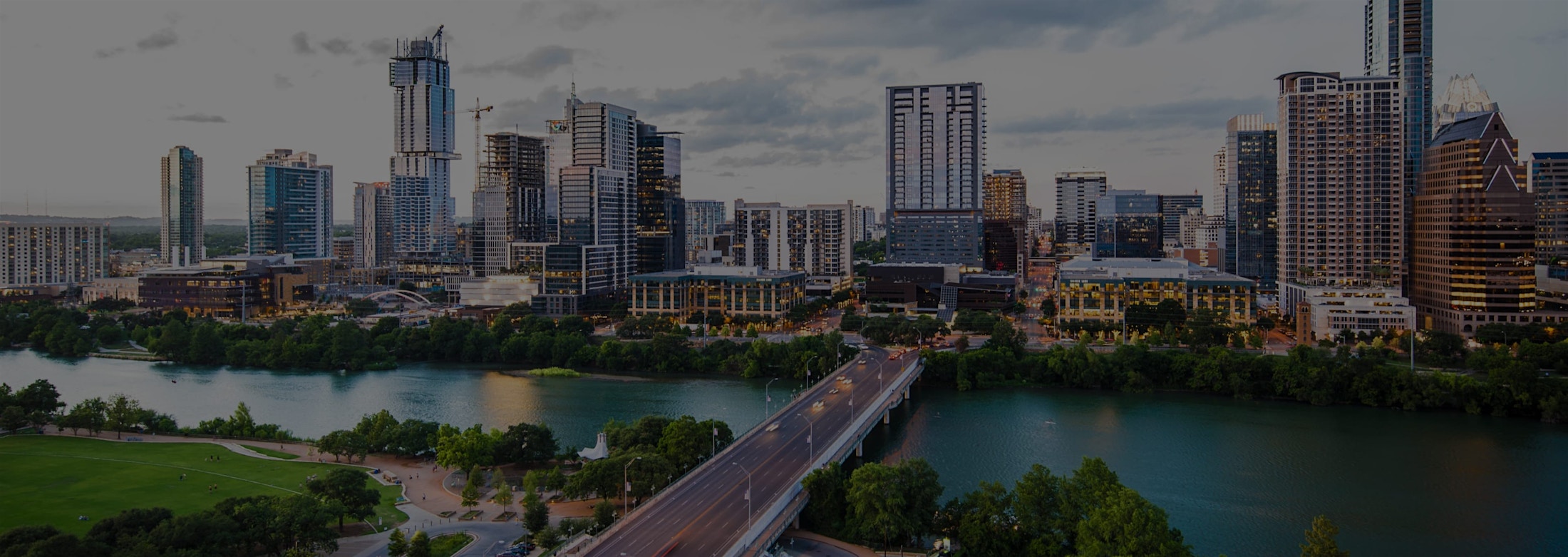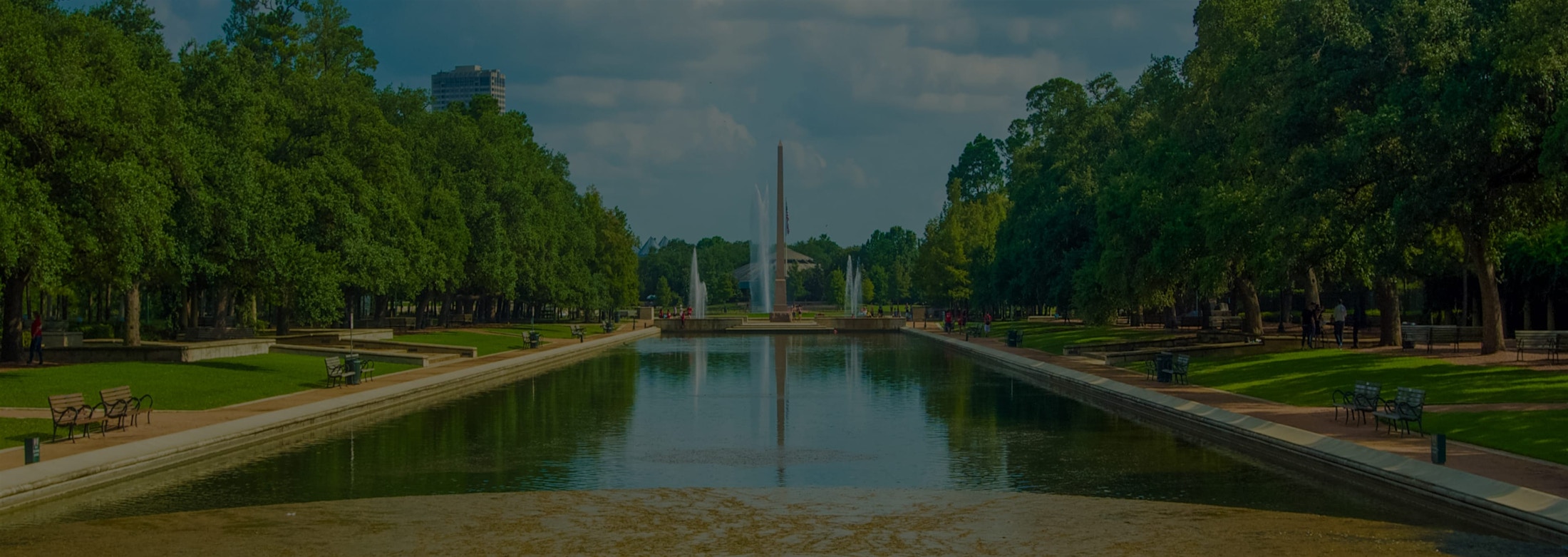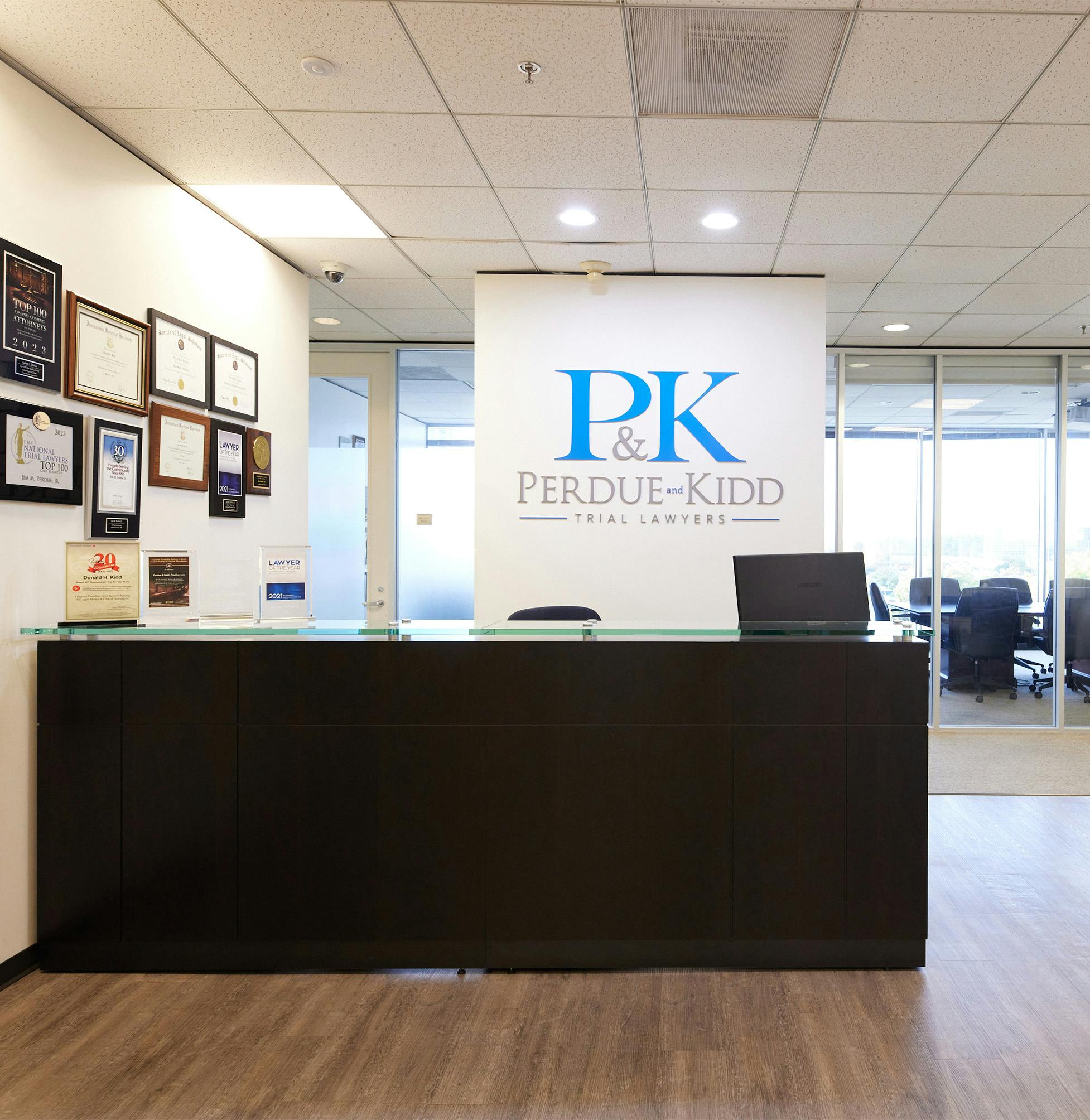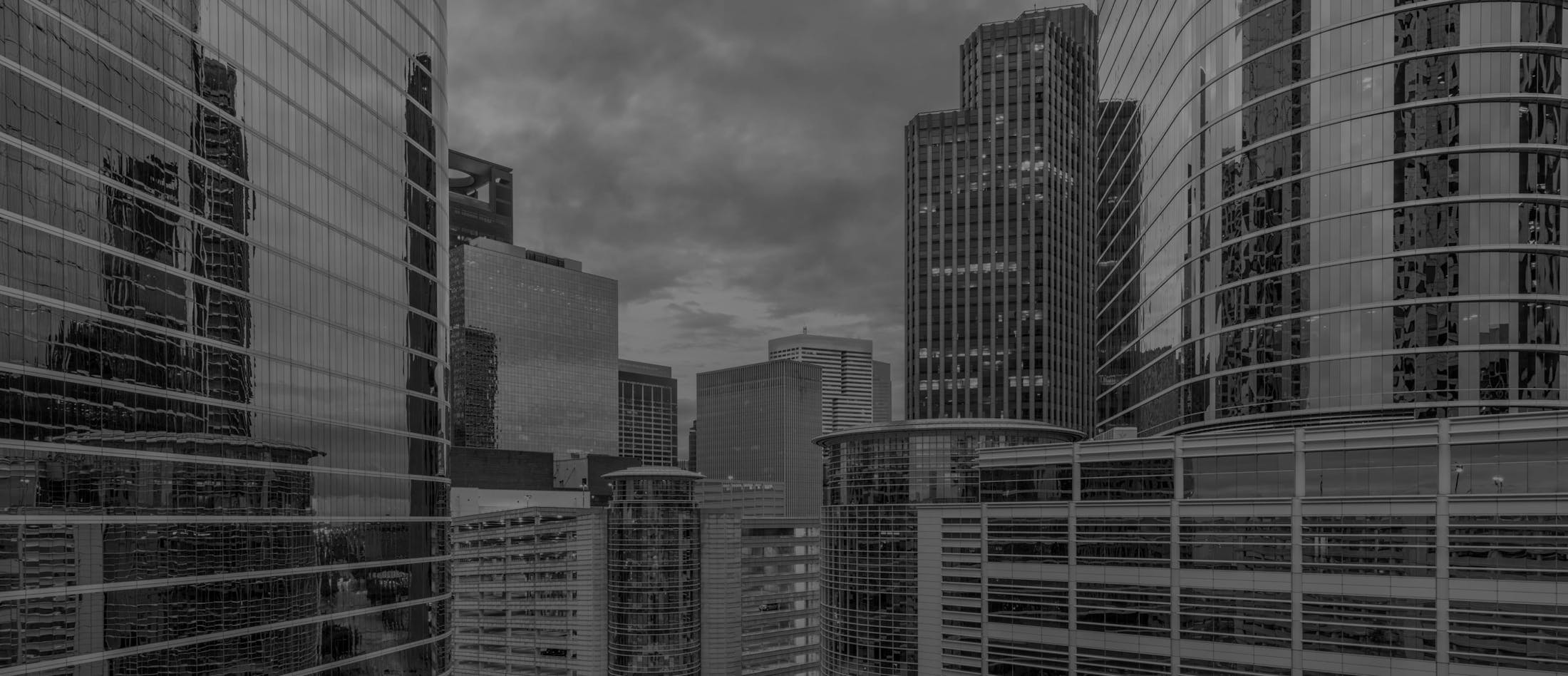Under Texas Transportation Code §545.454, autonomous vehicles may operate without a human driver if they comply with all applicable traffic laws and can safely operate in compliance with Texas standards. However, when an accident occurs, liability falls on the vehicle's operator or the entity responsible for the technology, not the human passenger.
Statistics on Autonomous Vehicle Accidents
- 2023 saw 805 crashes involving self-driving or driver-assist vehicles, including Tesla Autopilot and Waymo, according to the National Highway Traffic Safety Administration (NHTSA)
- 94% of crashes were reported by Tesla, highlighting the risks of widespread autonomous deployment without sufficient human oversight
- Texas is home to much AV testing and deployment, especially in Austin, where Waymo and Tesla operate pilot programs (Autonomous Vehicles | AustinTexas.gov)
